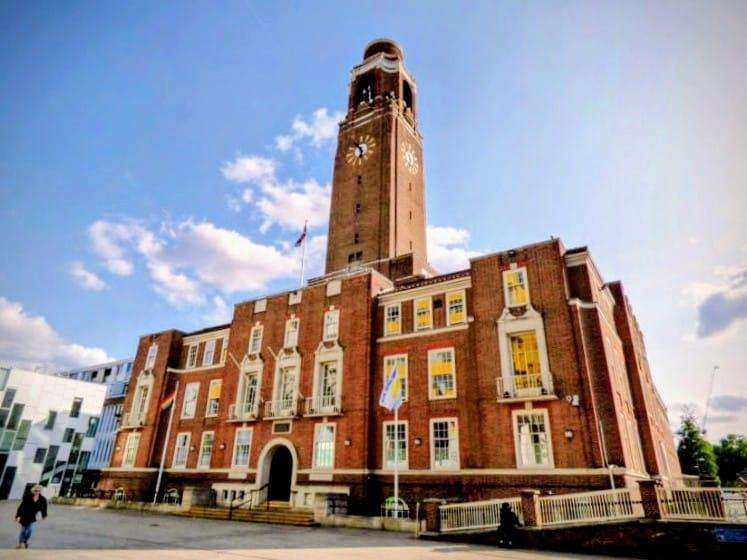Two major credit rating agencies have downgraded Thames Water's debt rating to the lower levels of junk, further pressuring the UK's largest water business that is struggling to avoid renationalisation and rapidly running out of cash.
The utility was rapidly running out of money and was in danger of going into default, according to S&P Global Ratings and Moody's. S&P downgraded Thames's £15 billion top-ranking debt load five notches to CCC+, placing it in the exceedingly dangerous triple-C category. In July, Thames's investment-grade credit rating was downgraded.
The company's rating was also downgraded by five notches by Moody's, from Ba2 to Caa1, with the statement that "a creditor-led debt restructuring or one imposed as part of a special administration process may ultimately result."Thames is in a financial crunch and acknowledged this week that it may run out of money as early as December. The business declared that it was looking for new funding.
The debt laden company, which serves 16 million people in and around London, is at the centre of a crisis in Britain’s water sector over repeated sewage dumping, crumbling pipe networks and water leaks.
It has already been put into special measures by the water regulator for England and Wales, Ofwat. Without a rescue plan, the watchdog and the UK government may have to put Thames into a special administration regime, a form of renationalisation.
S&P said Thames’s announcement last week about its finances was contrary to the rating agency’s previous expectation in July that liquidity would last the company until May next year.
It added: “We believe Thames Water is now facing an acute near-term liquidity shortfall, and that, without any material positive developments, the issuer will likely restructure its debt within the next 12 months, which we would likely consider a default.”
S&P lowered its ratings on class A and class B debt, to CCC+ and CCC-, from BB and B previously, and assigned a negative outlook to both. Moody’s said the utility had a “significantly tighter liquidity position than previously expected”.
Some big lenders are considering easing repayment terms as Thames fights for survival, as they worry about their loans being wiped out if the company is temporarily nationalised.
Talks with creditors would only allow for enough funds to last until spring next year. Any agreement would therefore mark just a step on the road to a potential restructuring – staving off the immediate risk of insolvency.
Thames said: “The announcement by the credit rating agencies is consistent with our liquidity position set out in our market statement last Friday. We continue to operate to the undertakings agreed with our regulator in July 2024 following the reduction in our class A debt rating to sub-investment grade and we continue to engage with creditors to consider options for the extension of our liquidity runway. Formal discussions with potential equity investors will commence in the coming weeks.”
Separately, Pennon Group, which serves more than 4 million water users daily and owns South West Water, said the diarrhoea and vomiting outbreak in Devon in May caused by an outbreak of cryptosporidium parasites, had been resolved.
It cost the company £16m in terms of customer compensation, provision of bottled water over an eight-week period and measures to clean and filter the network. In May, it said it would pay £3.5m in compensation to affected customers.
The source added that there had been an increase in sewage spills into rivers due to storm overflows brought on by heavy rains, with groundwater levels being "exceptionally high" during the third wettest August to October period on record.
Customers using less water as a result of Pennon's water conservation initiative, according to the company, hurt first-half income. It issued a warning about South West Water's ongoing decline in consumer demand, which would negate any increases in tariffs and new client base.








.svg)


